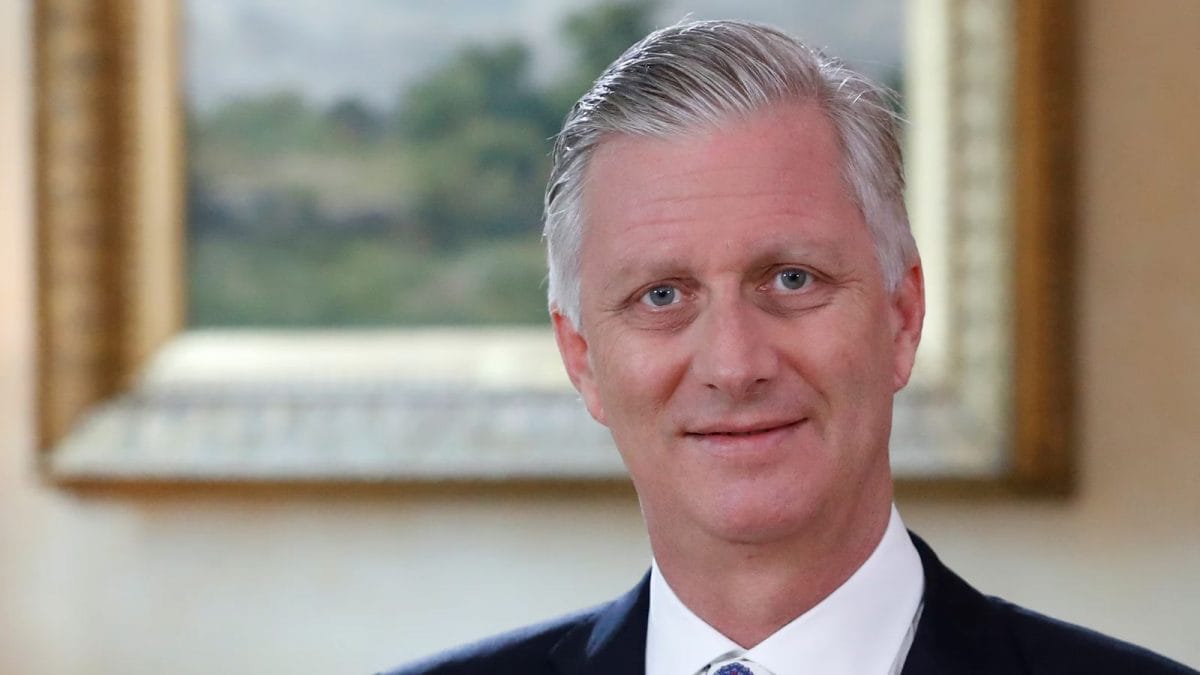ARTICLE AD BOX
Nearly 19 years after the train blasts that killed 189, the Bombay High Court has acquitted all 12 convicts, citing torture, unreliable witnesses and botched evidence.

The blasts killed 189 people, who died in a span of 11 minutes, and injured more than 800 others. (File photo)
Citing allegations of torture, unreliable witness testimonies and serious procedural lapses, the Bombay High Court on Monday acquitted all 12 men who were convicted for the 2006 Mumbai train blasts that killed 189 people and injured over 800.
The High Court pointed out that the prosecution had failed to prove its case beyond reasonable doubt. Reading out the summary of its decision, the bench pointed out that the defence had "challenged the identification parade itself" and questioned why key witnesses remained silent for years before suddenly identifying the accused.
On July 11, 2006, a series of seven bomb explosions ripped through Mumbai's suburban train network during the evening rush hour. The blasts took place within a span of just 11 minutes, between 6.24 pm and 6.35 pm, targeting first-class compartments of local trains on the Western line — one of the busiest urban rail corridors in the world.
The judgment came almost 19 years after the blasts and 10 years after a special court in 2015 convicted the 12 persons in the case, of whom five were sentenced to death and the remaining seven were given life imprisonment.
WHAT DID THE HIGH COURT SAY?
A special bench comprising Justices Anil Kilor and Shyam Chandak, which heard the appeals filed by both the State and the convicts over the conviction, delivered its judgment after more than six months of hearings.
Though a detailed copy of the judgment is yet to be made available, the court pointed out serious flaws in the prosecution's case. The court further noted that crucial witnesses were unreliable, the identification parades lacked credibility, and confessional statements had been obtained under torture.
The court also observed that key witnesses were unreliable, identification parades were questionable, and confessional statements were extracted through torture.
"The defence had raised serious questions about the test identification parade. Many witnesses remained silent for unusually long periods, some over four years, and then suddenly identified the accused. This is abnormal. Hence, their conviction is quashed and set aside," the High Court said.
"The confessional statements are found to be incomplete and not truthful as some parts are a copy-paste of each other. The accused persons have proved their case that torture was inflicted at the time," it added.
The bench, in its judgment, also pulled up the prosecution for failing to examine crucial witnesses and for lapses in handling key evidence. It noted that the recovered explosives and circuit boxes, allegedly used to assemble the bombs, were poorly sealed and maintained.
"Some witnesses were not even examined during the trial. As for recoveries like RDX and other explosive material, the prosecution could not establish that the evidence was sacrosanct until it reached the Forensic Science Laboratory," the bench said.
Observing "non-application of mind", the Bombay High Court held that the prosecution had "thoroughly failed" to prove its case beyond reasonable doubt. "It is difficult to say that the prosecution can sustain its charges," the bench ruled, setting aside the special MCOCA court's October 2015 verdict that had sentenced five accused to death and seven others to life imprisonment.
WHO WERE THE CONVICTS?
The death row convicts were Kamal Ansari (now dead), Mohammad Faisal Ataur Rahman Shaikh, Ehtesham Qutubuddin Siddiqui, Naveed Hussain Khan and Asif Khan.
It had awarded life imprisonment to Tanveer Ahmed Mohammed Ibrahim Ansari, Mohammed Majid Mohammed Shafi, Shaikh Mohammed Ali Alam Shaikh, Mohammed Sajid Margub Ansari, Muzammil Ataur Rahman Shaikh, Suhail Mehmood Shaikh and Zameer Ahmed Latiur Rehman Shaikh.
- Ends
Published By:
Sahil Sinha
Published On:
Jul 21, 2025



.png)
.png)
.png)
















 11 hours ago
7
11 hours ago
7








 English (US) ·
English (US) ·